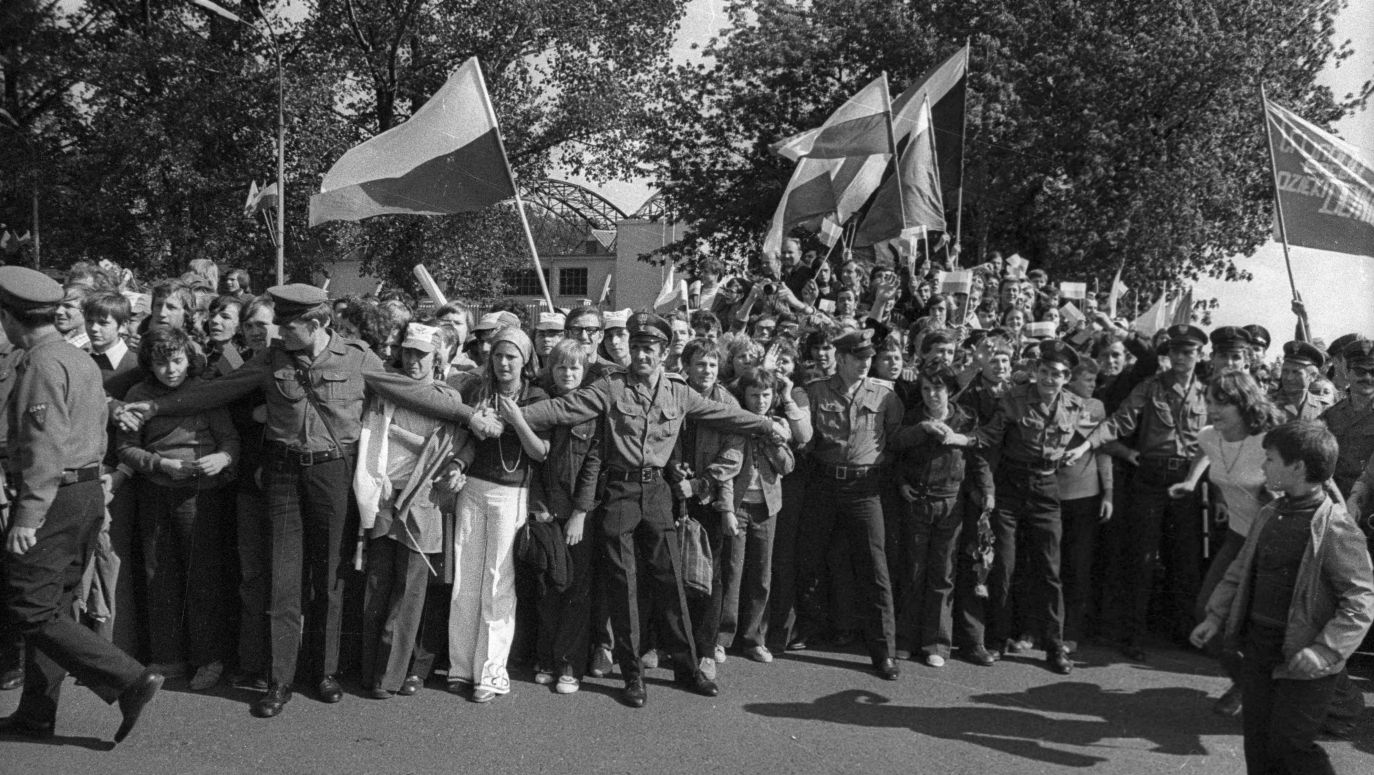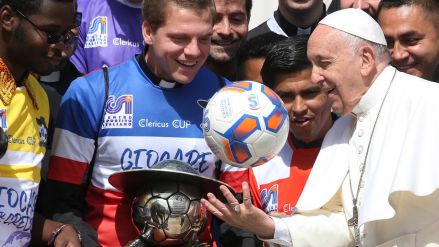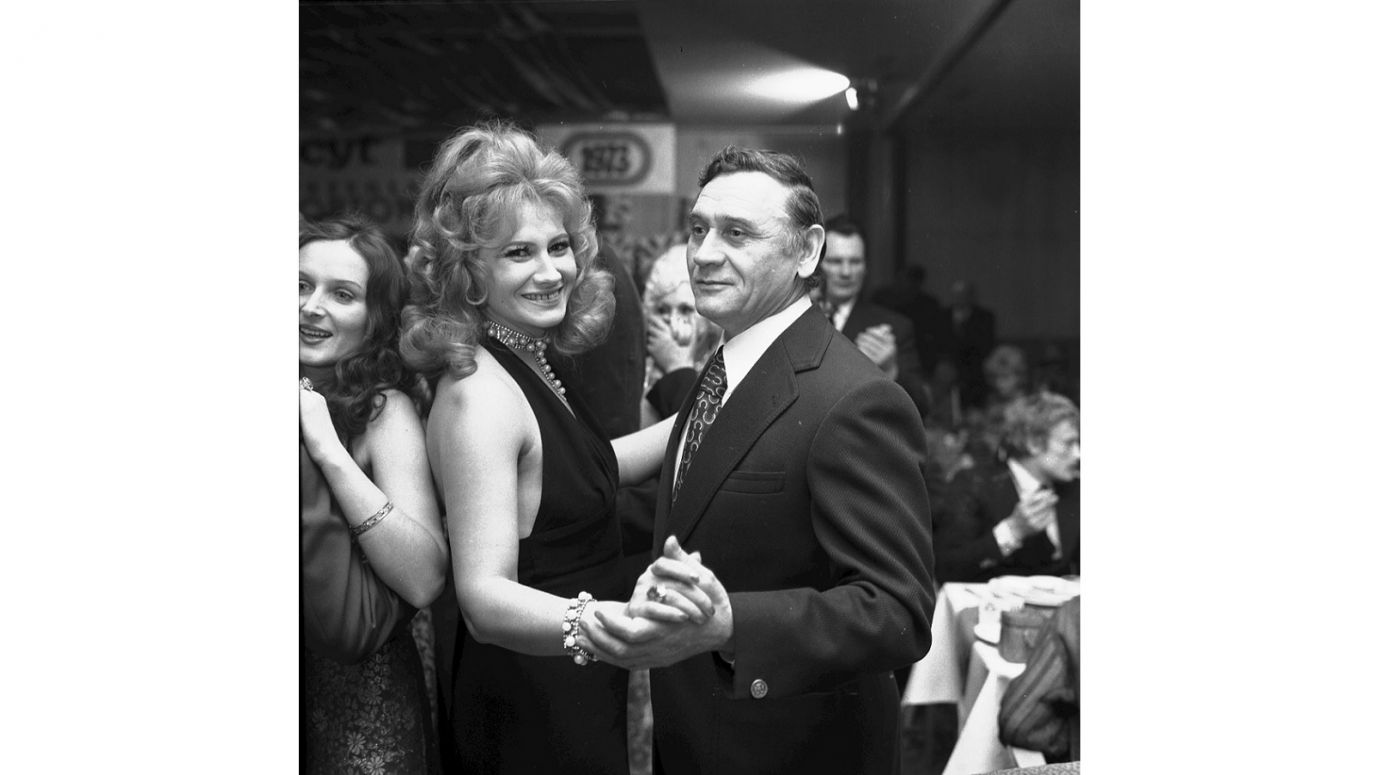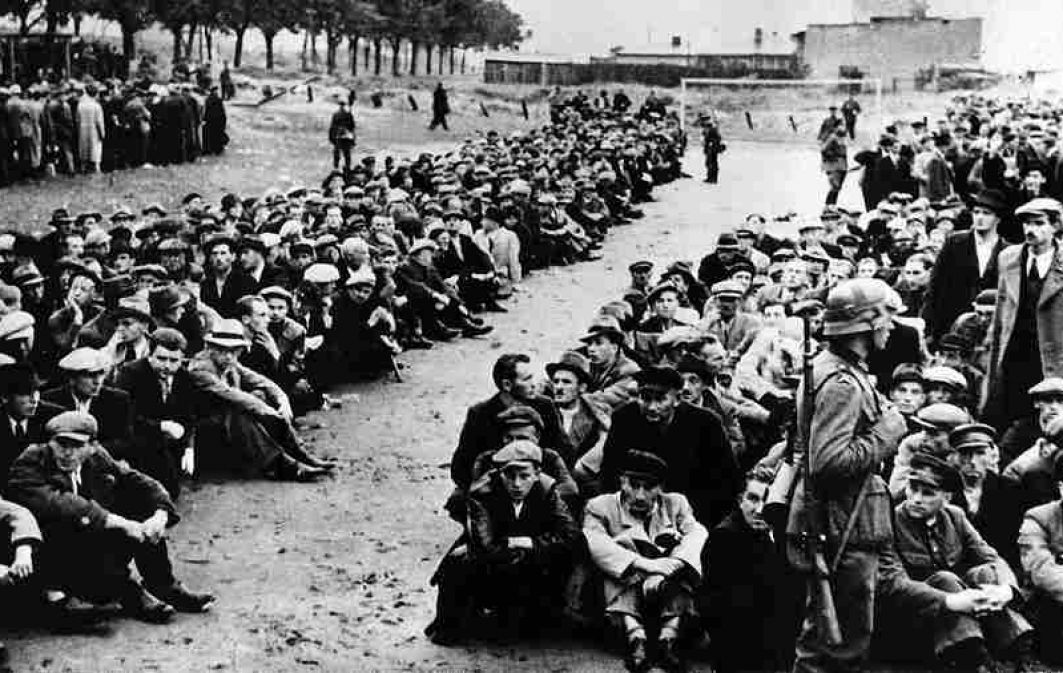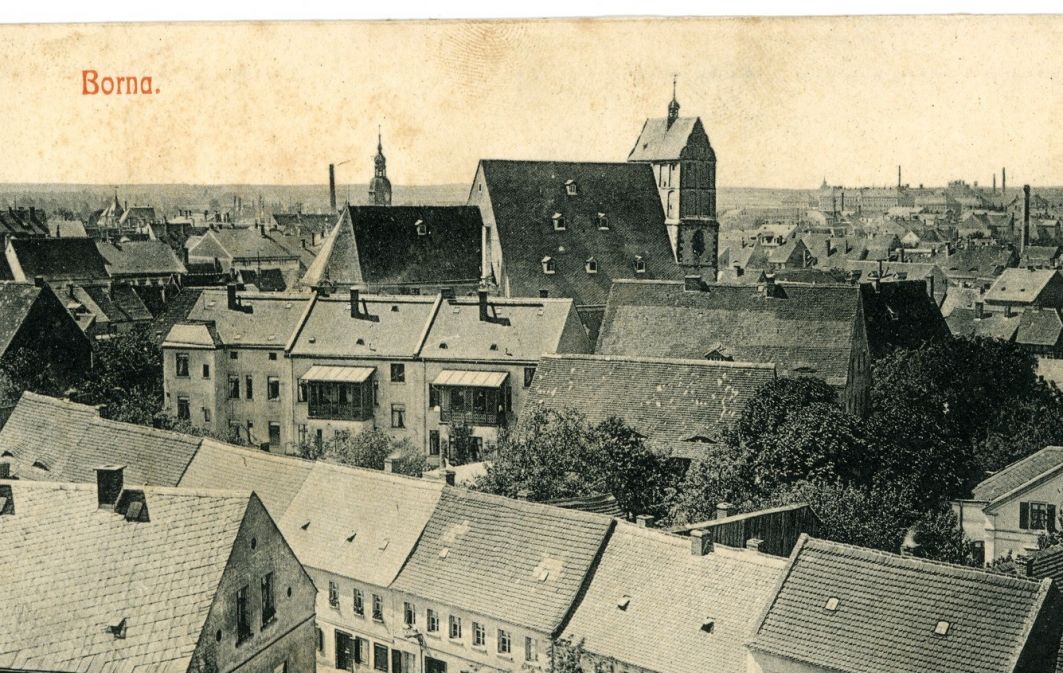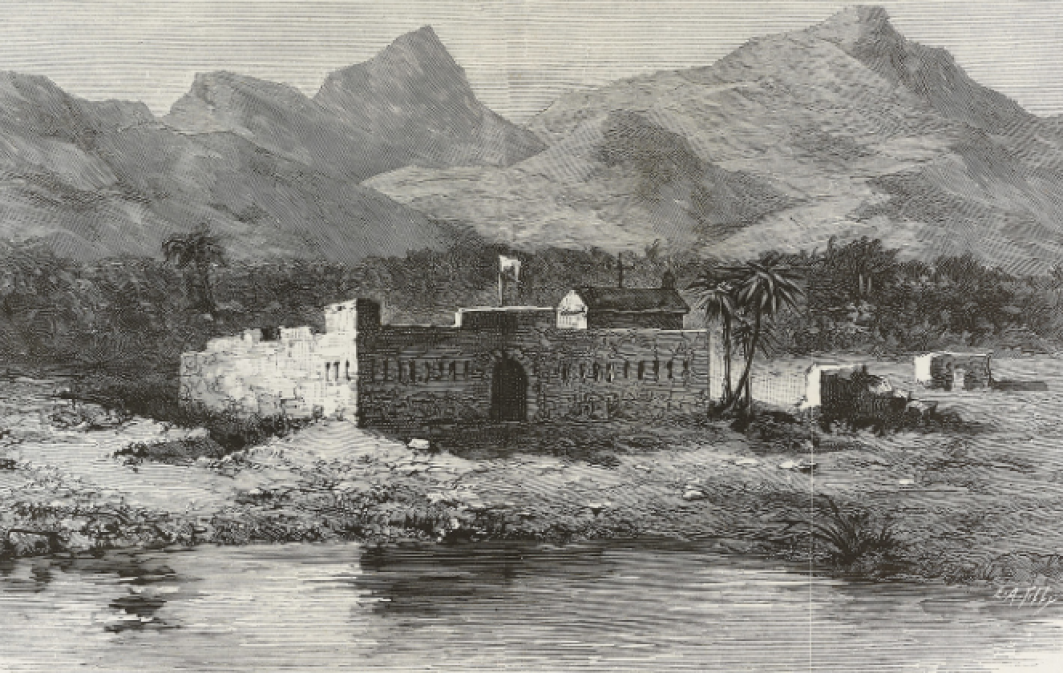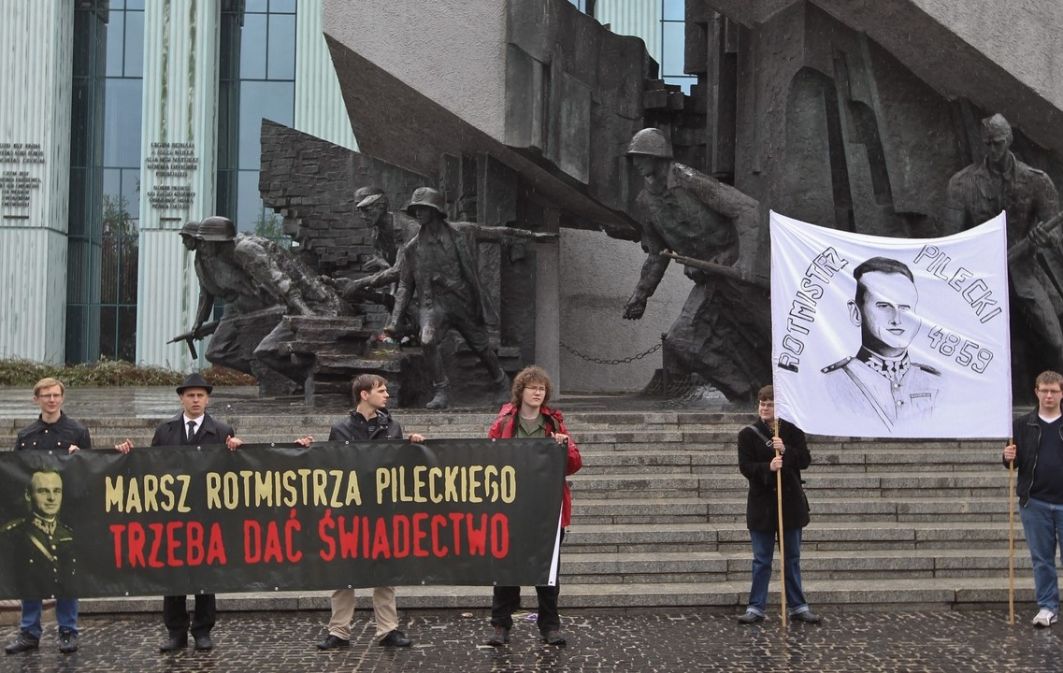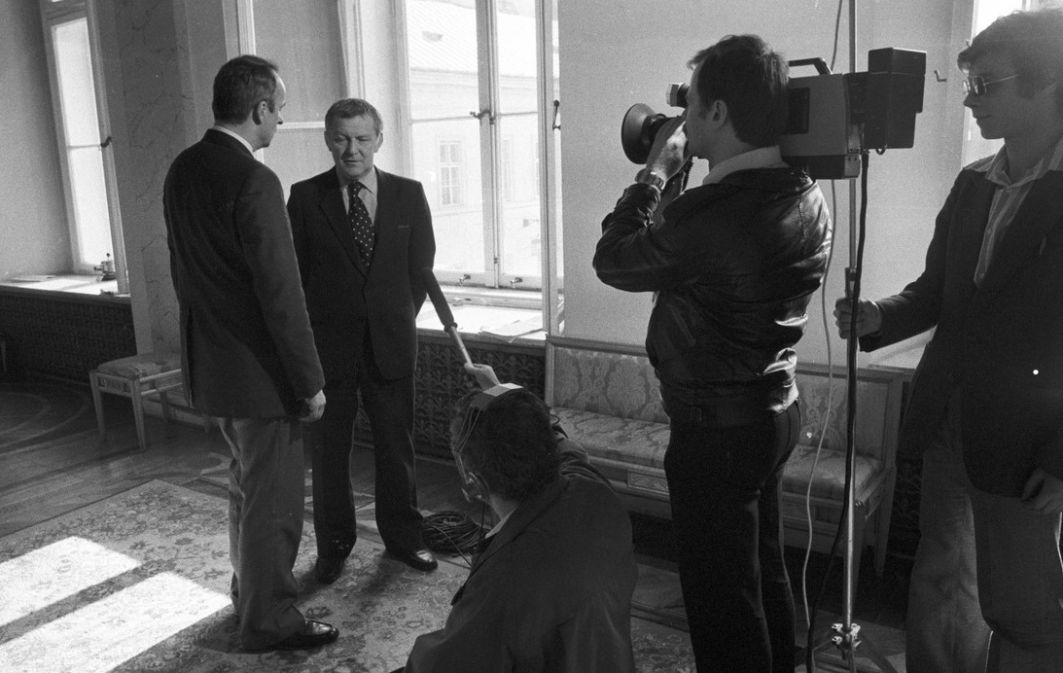1974, Kazimierz Górski is on the football Olympus. He is adored by the nation and the national team, whom he has just led to third place in the world. The more courageous even propose changing the name of the town of Kazimierz Dolny and adding the coach's name to it.
However, the selector is thinking about winning more laurels, already elsewhere. Especially as there is an opportunity - both the Polish Football Association (PZPN) and Górski himself are being approached by foreign clubs with job offers. Mainly German, and the most concrete one is a proposal from Hertha Berlin - there they want the Eagles' coach right away. He is willing to accept the offer and informs the activists, but willingness alone is not enough - the approval of the "highest factors", i.e. the Communist Party, is also needed. The green light is not forthcoming, and the subject gets blurred.
Why did the "coach of the millennium", as he was called, think about leaving the national team just after achieving the greatest success in the history of Polish football? Did he want to develop, and the opportunities for development were in the West? Did he feel that with Jan Tomaszewski, Kazimierz Deyna or Robert Gadocha he had already reached the top and would not repeat the World Cup medal? Had he had enough of the party-official intrigues surrounding the national team? Or was it simply that Kazimierz Górski, as a man who feels best on the coaching bench and at home, could not find himself in the limelight, which became more and more intense after the World Cup?
The latter answer may be the closest to the truth, especially as the interest in the national team continues unabated over the following months, with fans and journalists hoping for more wins and successes, while the 'silver eleven' are not always able to live up to these expectations.
Burnt-out Eagles Games
Before the 1976 Olympic Games in Montreal, the red and white team suffered five defeats in a row, and the press did not leave a dry thread on them. Commentators were also merciless - legendary sports journalist Bohdan Tomaszewski argued that more athletes should go to the Olympics instead of footballers, while another celebrity among commentators of the time, Jan Ciszewski, advised that Polish footballers should rather watch the Games at home.
Not only is the atmosphere around the team dense, but within the team it is also rife with conflict. On the one hand, agents are hanging around the players during training camps, promising them financial gold in the hotel bars. On the other hand, senior players do not want younger players in the team, regardless of their potential - Zbigniew Boniek among them. "Deyna told my father that he didn't need anyone new next to him," recalled Dariusz Górski, the coach's son.
Frustration pours out of the players - Leslaw Ćmikiewicz, for example, would take a marker and write the names of the countries we were losing to on the ball and then kick it with all his might - and the coach, but the situation had not improved before the Olympics.
The national team flew to Canada like a beheading, and the team's morale was not boosted by the fact that, before his departure, Górski informed the players that he was leaving after the Games. At the time, he had already been offered a job by Kuwait - the Arabs offered him decent financial terms, and on top of that, the selector was able to take a company to the Arabian Peninsula: four players and four coaches.
 SIGN UP TO OUR PAGE
SIGN UP TO OUR PAGE

Some journalists will later claim that he left the national team for money, but can he be accused of that? The "coach of the millennium" has already done his bit for the national team, and besides, he was not the type of man to look first and foremost at the money.
Simply put, Górski felt that his relationship with the Eagles had burned out, that he was no longer able to inspire them, stimulate them to play, to proverbially bite the grass on the pitch.
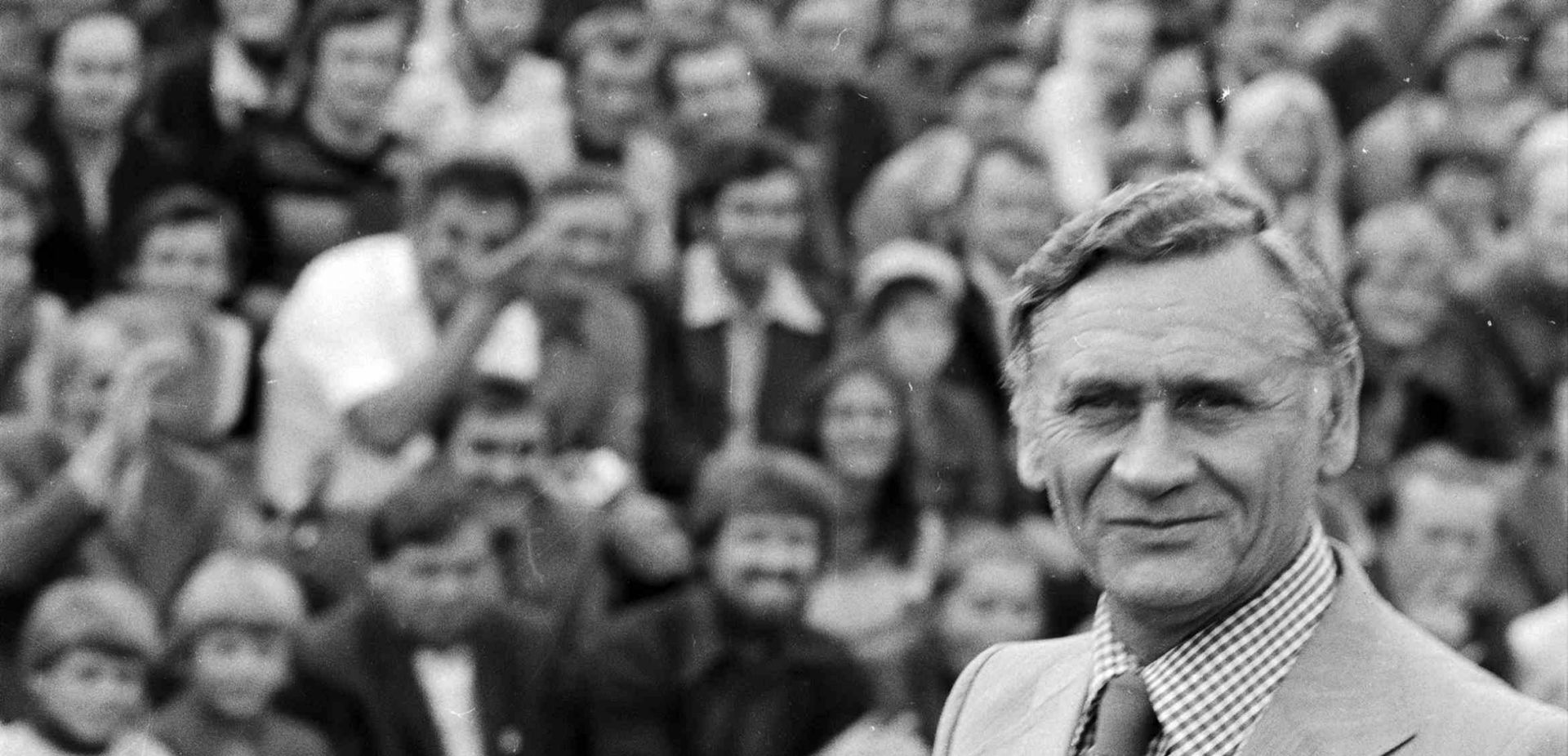
 SIGN UP TO OUR PAGE
SIGN UP TO OUR PAGE
 Some journalists will later claim that he left the national team for money, but can he be accused of that? The "coach of the millennium" has already done his bit for the national team, and besides, he was not the type of man to look first and foremost at the money.
Some journalists will later claim that he left the national team for money, but can he be accused of that? The "coach of the millennium" has already done his bit for the national team, and besides, he was not the type of man to look first and foremost at the money.